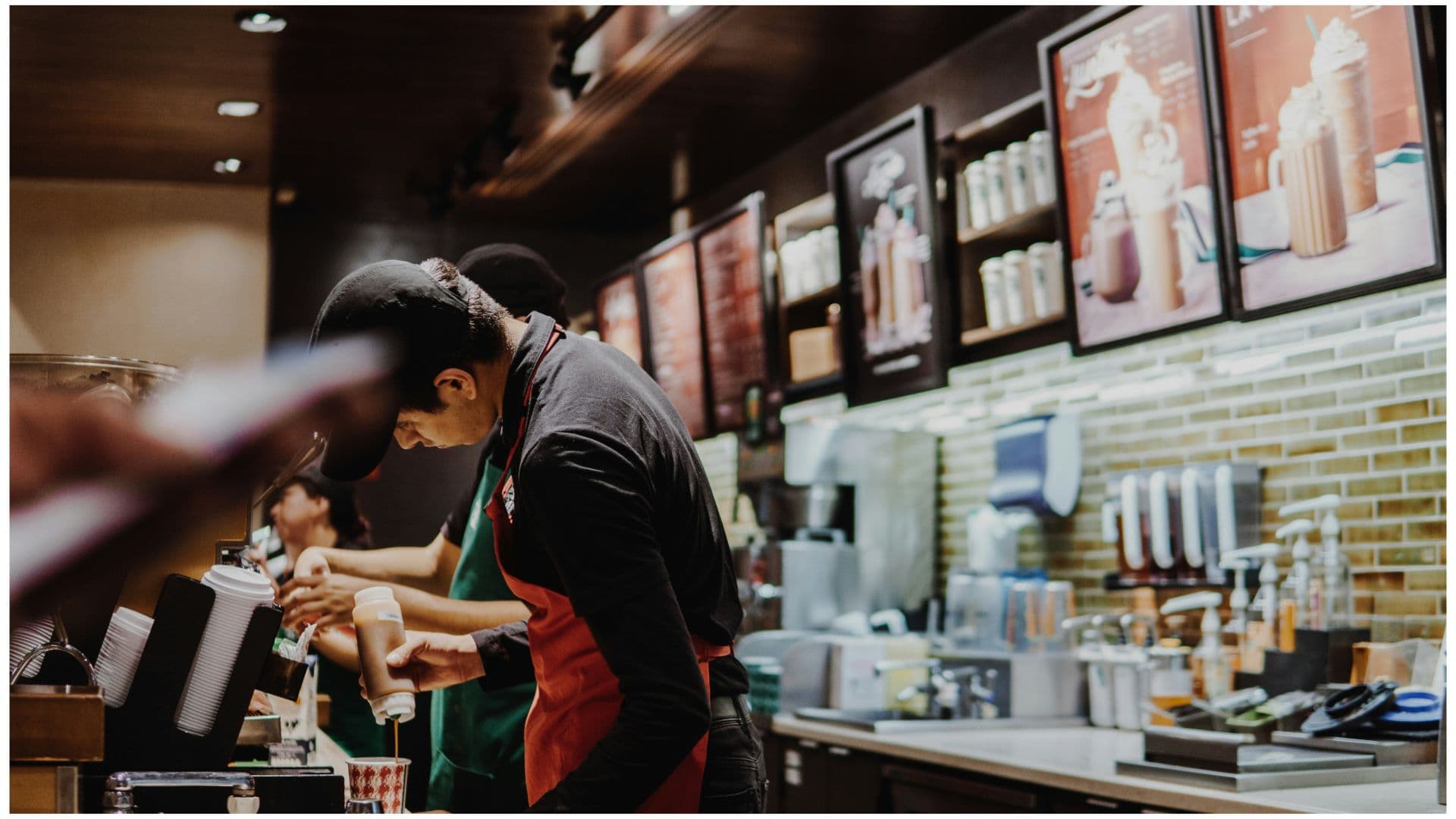The Real Cost of Artificial Intimacy: When Your Barista Gets a Digital Brain

Disclaimer: The following reflects my personal views, colored by too much caffeine and an unhealthy obsession with tracking the price of xiaolongbao as an economic indicator. Starbucks representatives have stated that Green Dot Assist is intended to support, not replace, baristas and to enhance both employee and customer experience. Your mileage may vary, especially if you order decaf.
The oat milk cortado* I'm sipping costs $6.50 at this downtown Starbucks, and I'm watching the barista tap frantically on an iPad, asking "Green Dot Assist" how to make a drink she's probably made a thousand times. There's something deeply unsettling about watching human expertise get outsourced to an AI assistant in real-time, especially when that expertise used to be the entire point of going to a coffee shop in the first place.
Starbucks just announced they're rolling out "Green Dot Assist"—a Microsoft-powered AI that will live on tablets in every store across the US and Canada by fiscal 2026. Currently piloting in 35 locations, this digital barista coach promises to answer questions about recipes, troubleshoot equipment, and basically turn every coffee shop into a tech support center with espresso machines. CEO Brian Niccol calls it part of their "Back to Starbucks" strategy, which appears to translate to "we've scaled beyond human comprehension and maybe robots can help us navigate back."
The economics here tell a story worth examining. They're spending millions on AI infrastructure to solve a problem that emerged from their own operational complexity. When you have 38,000 locations globally and a menu that changes seasonally, training humans becomes exponentially expensive. It's cheaper to download knowledge than to develop it organically. The barista asking her iPad about a Lavender Oatmilk Latte isn't necessarily getting smarter—she's becoming a more efficient input device for a system that may have grown too complicated for human memory alone.
I keep thinking about my favorite coffee shop in Hong Kong, where the owner could tell you the origin story of every bean and exactly how your grandmother would have taken her coffee based on what province she came from. That knowledge was accumulated over decades, passed down through apprenticeships, refined through thousands of conversations with customers who cared about coffee more than convenience.
Now we're implementing technology that tells workers how to make drinks they might already know how to make, and celebrating it as innovation.
Just one step to unlock the rest of this article
Sign in to read the full article and access exclusive content
✨ Completely free • No credit card required

